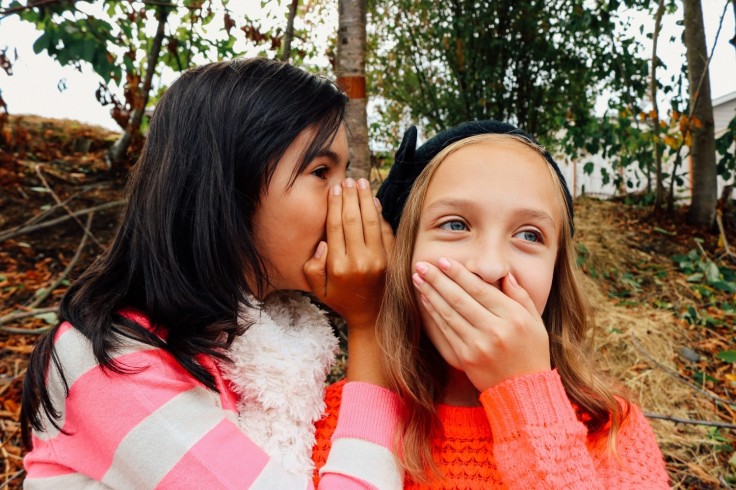
Childhood friendship is an important part of a child's life; it benefits kids by establishing a sense of belonging and security and reducing stress. Early childhood friendships contribute to juveniles' quality of life, including the ability to adjust to changes within their environments. Your children's friends strongly influence their lives, per All Pro Dad.
Moreover, friendship prevents loneliness and isolation and gives a chance to offer needed companionship. It also increases the sense of belonging and purpose and boosts your happiness. Having friends would also help you during good and bad times, especially coping with life situations.
However, not all friendships are healthy; some are bound to be unhealthy and toxic. Some friendships can leave your child feeling stressed, anxious, and confused. Nonetheless, children often struggle to notice the damage such relationships can potentially cause. Some adults, including parents, have difficulty determining if their child's friend is a genuine friend or frenemy.
Children won't easily notice unhealthy ones
Michelle Risser, Licensed Independent Social Worker/s and a mental health therapist, said many young kids may not quickly analyze what healthy friendships look like or even realize that a certain friendship is unhealthy. For tweens and teens, a desire to fit in, social media pressure, and peer pressure can contribute to staying in harmful social situations. Thus, if you think your child is in an unhealthy friendship, it's essential to immediately recognize the signs and know how to deal with them.
Hailey Shafir, Licensed Clinical Mental Health Counselor and Supervisor and a mental health and addiction specialist, said there are no problems in friendship; however, hardships would arise when certain friendships are unhealthy. Such friendship becomes more harmful than helpful and can leave a child experiencing many conflicting emotions.
Bad friends can also cause massive stress and drama for children and teens. Your child might pick up such negative behaviors and harmful habits depending on who they spend the most time with. Normally, healthy friendships involve cooperation and collaboration; however, these traits and characteristics are rarely present in an unhealthy friendship, per Very Well Family.
Spotting unhealthy relationship
The common red flag of an unhealthy friendship relationship is when your child's certain friends make fun of other kids. If your child's peers are making fun of others, you might overlook it. Hence, unhealthy childhood friendship is more detrimental for a child than struggling to find their people. Bear in mind that character matters.
This can be worrisome if that friend consistently bad-mouthed their parent in a way that appears to be disrespectful. Such traits could be a powerful sign that this kid's voice in your child's life may be unhealthy, likely encouraging your child to disrespect and treat your authority as something to be against or be rebelled against.
Nikki Smith, a nationally certified school counselor and manager of counseling services for a Colorado school, said that if you're unsure whether your child's friend is being unfriendly, take a closer look at how your child acts when that particular friend is around. Advent Health added that unhealthy relationships could eventually lead to self-doubt.
Related Article : Do Children Need a Best Friend? What Does Friendship Mean to Kids?